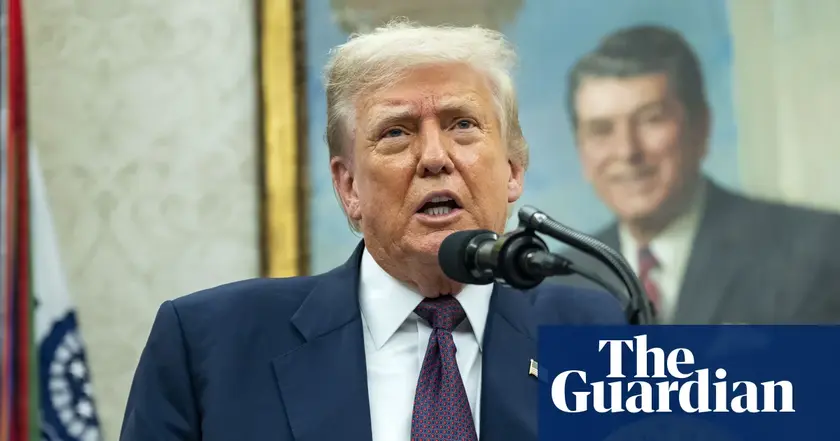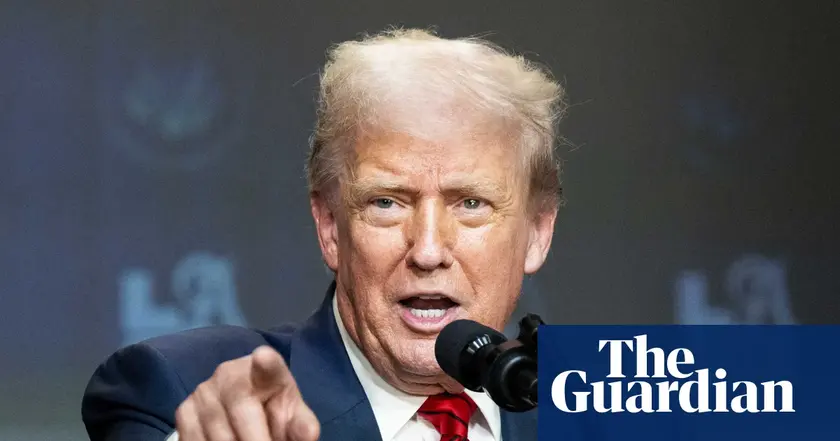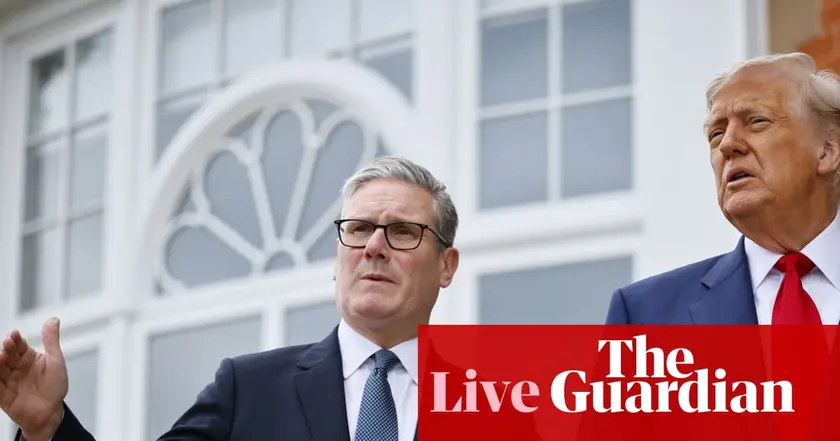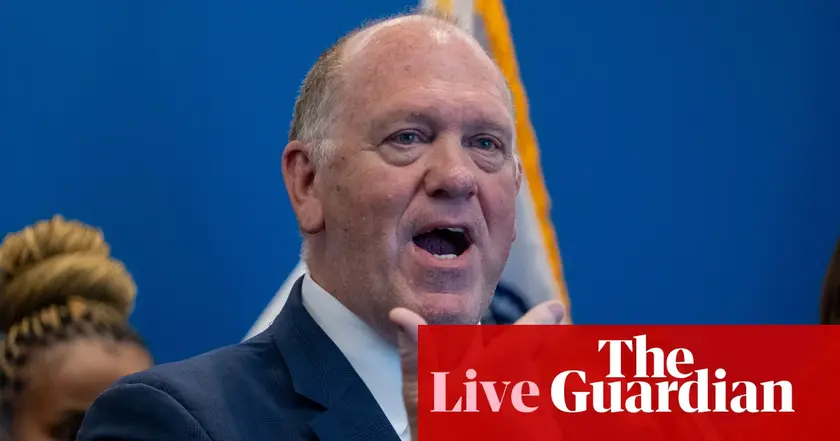T4K3.news
More than 60 nations respond to renewed US tariffs
Over 60 countries are taking action after the US implemented significant new tariffs.

The latest US tariffs are causing widespread concern and action from countries worldwide.
Countries struggle to cope with Trump's renewed tariffs
More than 60 countries are responding to a new wave of tariffs from the United States implemented by President Donald Trump. The tariffs started on Thursday, with rates ranging from 10% to 41% affecting various nations, including Brazil, Switzerland, and Syria. Industry leaders across different economies express fears of job losses and economic strain as these measures disrupt global trade. For example, Brazil is preparing state aid for impacted companies, while Switzerland's economy faces a significant burden from a 39% tariff. Leaders from Taiwan and Ireland are also taking steps to address the situation, with Ireland planning to diversify its economy reliant on US firms. Trump’s insistence that these tariffs will boost US economic greatness stands in stark contrast to the immediate challenges faced by exporting countries, emphasizing the tension between national interests and global trade dynamics.
Key Takeaways
"For the affected sectors, companies and their employees, this is an extraordinarily difficult situation."
Karin Keller-Sutter discusses the impact of tariffs on Swiss industry.
"These tariffs will place a substantial strain on Switzerland’s export-oriented economy."
The Swiss cabinet's statement on the economic impact of tariffs.
"India’s tariff rate could rise to a total of 50% after the executive order."
Implications for India following Trump's decision on tariffs.
"The sectoral tariffs impose a significant burden on German automakers."
Hildegard Müller highlights challenges faced by the German automotive industry.
The fallout from Trump's tariff announcements highlights a tense moment in global trade relations. As countries scramble to mitigate the impacts on their economies, the broader implications of these tariffs extend beyond immediate financial concerns, potentially destabilizing long-standing trade partnerships. With the threat of further increases, such as the potential rise in India's tariff to 50%, the anxiety among trading nations is palpable. Such actions challenge the established economic order, leading to fears of retaliation and worsening diplomatic relations. This scenario raises critical questions about the sustainability of current US trade policies and their long-term effects on both domestic and global economies.
Highlights
- A 40% tariff is just a nail in the coffin for any industry.
- This situation poses an extraordinarily difficult challenge for us.
- Countries are scrambling to mitigate the fallout from these tariffs.
- Tariffs could lead to widespread job losses across multiple sectors.
Concerns over global trade relations
The new tariffs implemented by the US have raised significant concerns among countries regarding job losses and economic stability. The possibility of retaliation by affected nations could escalate tensions further in global trade.
The evolving landscape of international trade raises critical questions about the future of economic cooperation.
Enjoyed this? Let your friends know!
Related News

US Dollar Weakens After Trump Comments on Fed Chair
Democrats oppose FBI tracking Texas lawmakers

July 2025 Services PMI indicates slow growth

China ramps up military readiness for Taiwan invasion

Trump's deadline for Russian ceasefire approaches

Trump considers reducing ceasefire deadline for Russia

Trump administration increases immigration enforcement in sanctuary cities

Trump vows 1500 percent drug price cuts amid questions on feasibility
